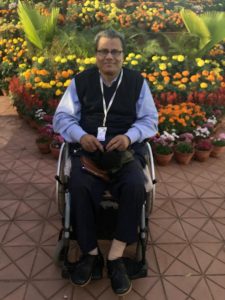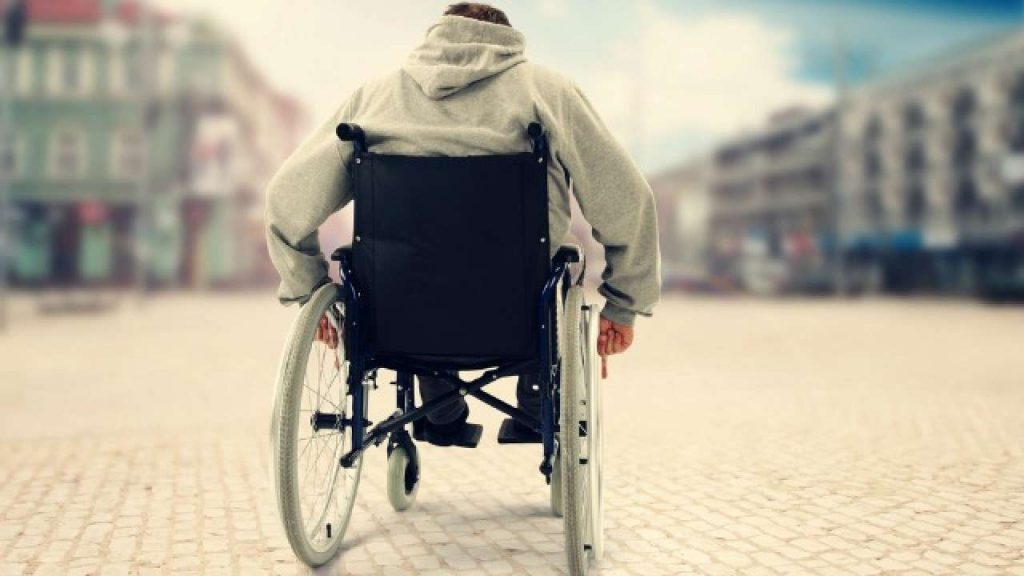
Ahead of this day, SundayPOST got in conversation with a couple of wheelchair users who have excelled in their areas of expertise to set an example for others.
‘I’m a proud wheelchair user’
Wheelchair is like a part of his being, says Jitendra Kumar Biswal, an actor, activist, astrologer and filmmaker.
Talking about the time when he realised his limited mobility, Jitendra says, “I remember using it since I began knowing things. I was suffering from measles and medications had an adverse effect on me which led to loss of senses for over two days. But when my senses returned, my body was not much active. And as I was just seven months old then, it was difficult for my parents to notice my reduced physical activity. At one point of time when they noticed me not throwing around my hands and legs, they took me to a doctor who briefed that due to adverse impact of medications, there were some irreparable damages in the nervous system.”
Elaborating the value of the wheelchair in his life, he adds, “Independency is the dignity that I never thought of giving up and gradually with time, the wheelchair became the companion of my life. It is with the wheelchair that I have grown most of my life. It is absolutely okay to be wheelchair dependant than depending on someone for all your life. I will never say that I am a wheelchair bound person, but I will say that I am a proud wheelchair user.”
A physically sound person doesn’t realise the value of wheelchairs. But for someone who has a physical impairment, wheelchairs make life a lot easier. How will you see a physically challenged individual moving without a wheelchair? Responding to this he quips, “Holding a stick to walk or crawling on the ground is an absolutely unpleasant sight. I will say that life has become much easier after I have started using a wheelchair and upgraded to an automated wheelchair, by which I am able to travel myself anywhere I want to without always depending on somebody. Wheelchair has given me stability and provided me the dignity of being an independent individual. Because when you use a stick or a support, there’s always a risk of tripping and falling down, whereas wheelchairs are a safe and ensure balanced movement of a differently-able person.”
‘I enjoy both pre and post- wheelchair lives’
Ashok Kumar Sar, 59, who has over 20 years of experience in Bharat Petroleum Corporation Limited as an executive and nearly 18 years experience in academics at KIIT University. Sar, an MBA having a doctoral degree, loves to design small homes and does peer mentoring.
Ashok, who has been using a wheelchair since 1986, on the importance of the device on his life says, “I use three types of wheelchairs: standing wheelchair, shower-commode wheelchair, and normal-duty wheelchair for my daily activities. Wheelchairs do have a positive impact on the physical, mental and spiritual wellbeing of its user.”
He continues: “Services on supporting education, disease-care, leisure and entertainment can make life a lot better for wheelchair users and I think they have the rights for a wheelchair and the media should carry stories of such deprived people regularly to sensitise the authorities and society about the problem.”
Recalling his pre-wheelchair life, he says, “I was pretty active and independent living and working. I see it as one phase of life and the wheelchair-mobile life to be just another phase. Both are different and I have enjoyed the pre-wheelchair phase and I am getting pleasure in this phase too.”
